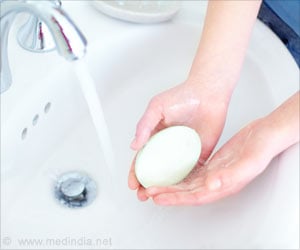Accident and emergency units in Wales, UK find themselves overwhelmed by the flow of patients. There are not enough beds.
WENDY Hopkins, a senior nurse with the Cardiff’s University Hospital, Wales, UK, says that the accident and emergency (A&E) unit finds itself overwhelmed by the daily flow of patients, up to 10,000 a month. There are simply not enough beds, he points out.
There is massive workload and almost impossible demands every shifts, says Hopkins who has been on the frontline of hospital care for 24 years.“We aim to see people as quickly as we can and in an ideal world patients would not have to queue for treatment, but that is not always possible.
“Although there is daily pressure, the weekends are especially difficult as people have problems accessing the GP out-of-hours service. Patients don’t know where to go and frequently state they have been unable to obtain a GP appointment – so they arrive in A&E.
“Some complaints maybe defined as inappropriate but it could also be argued the services provided in NHS Wales are inappropriate for the patients. This is why public information and education is important so that patients are able to access the most appropriate care at their point of need. A&E services are 24/7 and minor illness urgent care centres would be an advantage across the emergency care provision.”
In a newspaper interview, the 43-year-old Wendy welcomed the return this week of a GP-style surgery within the Emergency Unit – a service that will re-direct appropriate workload from the overcrowded emergency care to the correct primary.
“We can re-direct many patients to the GPs who are highly trained to see someone like an unwell child or a patient with gastroenteritis.
General NHS figures show that more than 30 per cent of A&E attendances can be drink-related, either through injuries or illness.
“The other increase in patients has been among drugs addicts who can also cause problems with hallucinations and aggressive behaviour. This is on a daily basis not just now and again.
“The injuries and illness caused by drink put a huge strain on the system and we are now seeing more and more people with liver failure, some of them even in their teens or 20s.
“The Emergency Unit is working closely with the South Wales Police safety partnership group to ensure that the emergency staff are provided with support. The NHS also has a zero tolerance policy towards violence and aggression.
“We also work closely with the alcohol liaison nurse service which provides advice and specialist help to patients that are in need of support.
“Many people with long-term conditions require support in the community and, as continuing health care needs change, patients may be brought to the Emergency Unit via a 999 call because GPs or nursing homes are unable to provide the care required. Patients then arrive back with us – it can be a revolving door.
“There needs to be more joined up thinking about how patients are treated when they are discharged to ensure that community teams are given the resources needed to avoid re-admission and enable the patient to stay in their environment.”
Source-Medindia
GPL/K
 MEDINDIA
MEDINDIA
 Email
Email







